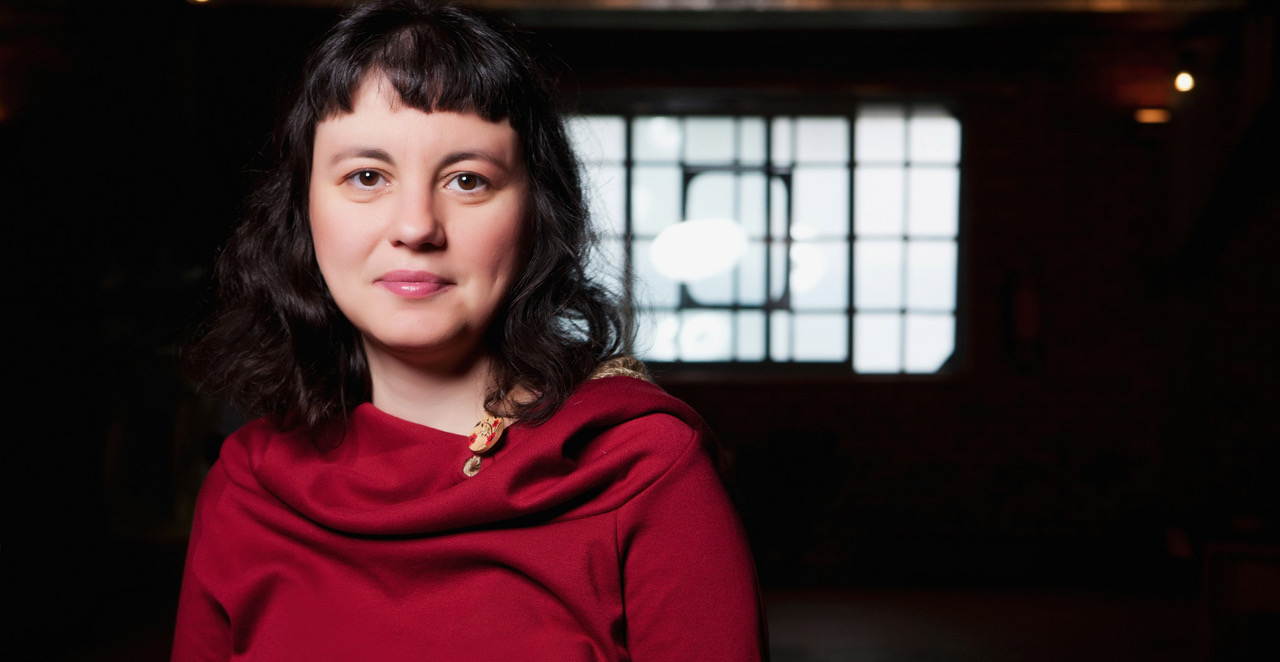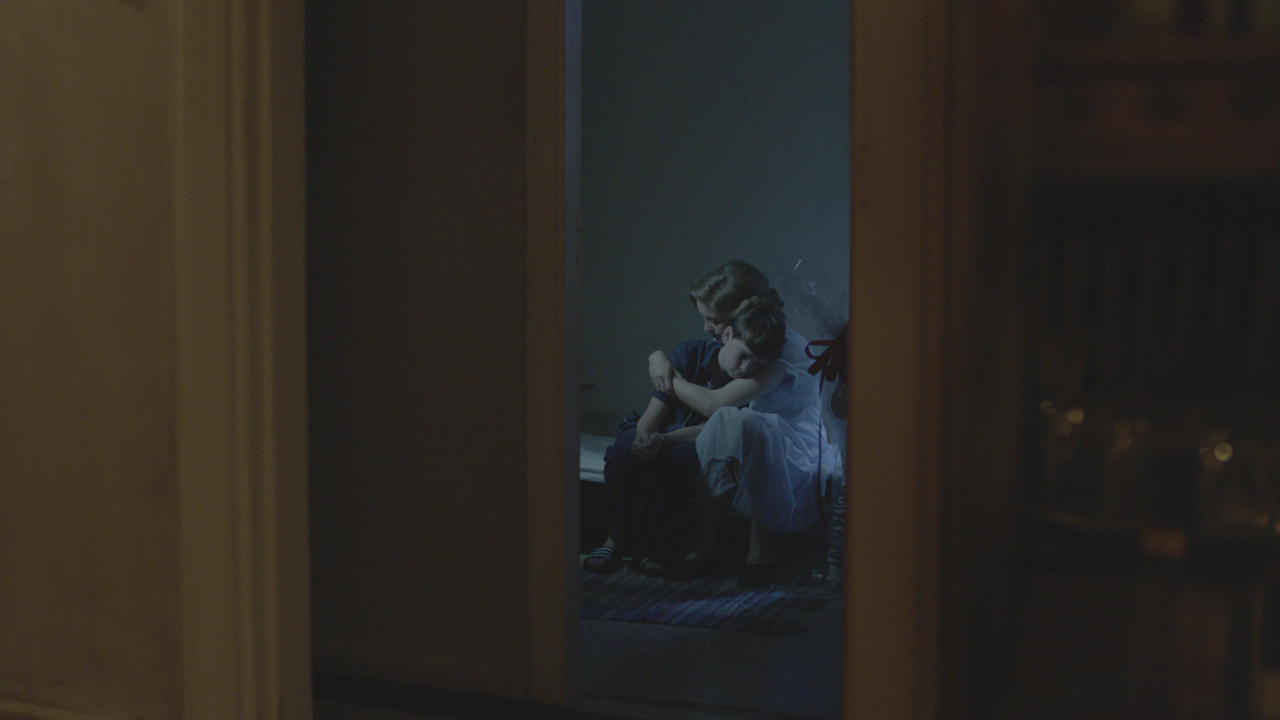Elina Psykou's SON FO SOFIA won the best international film award at Tribeca Film Festival 2017. The film is written and directed by Elina and stars Viktor Khomut, Valery Tcheplanowa, Thanasis Papageorgiou, Artemis Havalits, Christos Stergioglou, Iro Maltezou. In her second feature, Elina Psykou explores the inability to express and accept love. Son of Sofia gives a glimpse into Misha’s mind as he is confronted with early puberty and clashes with adulthood.
We had an opportunity to talk to Elina, here are the excerpts:
Art Shrian: The film deals with several subjects like immigrants, family, Parenthood, childhood amongst many. What do you think is strongest & core theme of the film, and why?
Elina Psykou: For me the strongest theme of the film is identity formation. Of all types, such as national, sexual, linguistic, religious, political… Misha is at that sensitive age where he has to build his personality and he is surrounded by so many stimuli. All the others themes, like immigration and family, come to contribute to his identity formation, to his coming of age, let’s say.
AS: Was it specifically challenging to work with kids or young artist? How was your experience?
EP: It was my first time working with a kid, plus it was his first experience with a camera. So, both me and Viktor (the kid who plays Misha) were enthusiastic about exploring the process. Viktor is a really cool and clever kid, so we didn’t face any difficulties. From the very beginning, I decided not to give him the whole script and this was the most important challenge for me as a director. I just read to him the story and then started improvising with the other actors. It was really useful that he didn’t have the script in his home, so he didn’t have to learn lines etc. This way, he stayed authentic and fresh, and his interest never waned until the last day of the shoot.
AS: The film is multilingual. Why these specific languages? And how was casting and scripting for multiple languages.
EP: The story is set in Greece, so Greek was a normal choice. As for the Russian, I decided that Sofia and Misha had to be from Russia, first for realistic reasons, as the majority of women immigrants in Greece come from Eastern Europe. But second, I felt that the culture and sociopolitical history of Russia took me down a very interesting cinematic path. So, I explored songs, the communist background, the Olympic games, TV programs and I finally used a lot of traditional elements of the region.
Casting was really challenging. We found Misha in a multicultural school in Athens, but we tested a lot of kids from Russia and Greece as well. The same for Sofia’s part, we tested a lot of actresses from Russia and Greece, but we finally found her in Germany. As for the rest of the kids, we found them in schools and cultural associations of immigrants. And finally, it was easier for the Greek actors, as they are quite famous in Greece, so we didn’t have to discover them!
Scripting and directing a film where most of dialogue is in a language I don’t speak (Russian), a language so different from my native one, was challenging as well. I decided to take some private Russian lessons only to discover that Russian is so difficult... But I insisted, I continued the courses and I studied every single line of dialogue. Very soon I managed to understand what I was listening to and I could follow the actors and their feelings. The communication between all of us was a present day Babylonia in a way – we communicated in Greek, Russian and English, as well as some Bulgarian, as for coproduction reasons, we had also four Bulgarians technicians in our set.
AS: How was the experience of having your film at Tribeca?
EP: It was wonderful. After so many years of working on the film, I was nervous but enthusiastic at the same time, when the time came to present it to the world. The screenings and the audience were really warm. So, now the film is an adult, it exists without me, it can fly away from me, like Misha in the end…
AS: What do you think about diversity and inclusion in film industry (women and others, both behind and in front of the camera)
EP: It is difficult to know what’s happening in other countries, but in Greece the things are getting much better. There are almost as many talented and recognized female directors as there are male. The same for actors and actresses and of course for artistic collaborators. Yes, sometimes it is difficult to be a woman or a non-white in the film industry, but I am optimistic that this is changing and I think the most powerful weapon against any prejudice is our movies and artistic work.
AS. Finally - What’s your most favorite and least favorite thing about New York? Be candid!
EP: It was my first time in New York, so I didn’t have the time to explore everything I wanted to. I really liked Williamsburg and the walk to Brooklyn’s bridge, plus I enjoyed the gospel at St. Joseph Church in Harlem. In Manhattan, I felt strange, like part of a video game, and this fascinated as well as terrified me.
Synopsis: Two years after his father’s death, Misha’s mother has created a new life in a new country. After migrating from Russia to Greece she has found a husband for herself, whose obnoxious attempts at disciplining her son are less than welcome. Moving to Athens means Misha’s life is being uprooted and his identity reformulated. This deeply personal story is enveloped in fairy tales, set in the peculiar cultural circumstance of the summer of 2004, as the Summer Olympics pervade all casual conversations and the ever-popular winning song of the Eurovision Song Contest plays in the background. What is public and communal invades the private in the form of sports, music and television. A child’s imagination transforms difficult situations into the dark side of fairy tales.
For more on film, connect on Facebook at
https://www.facebook.com/SonofSofia/




